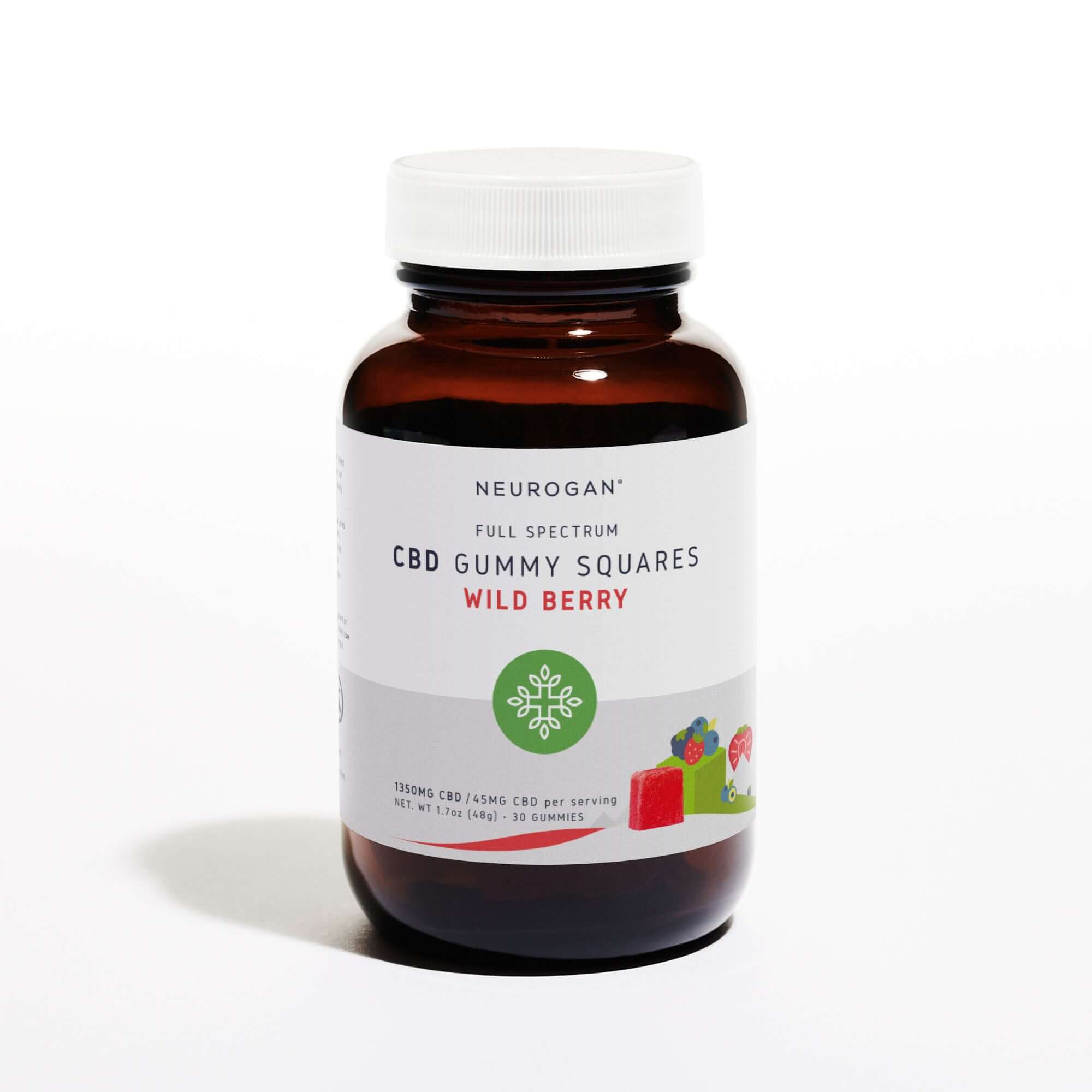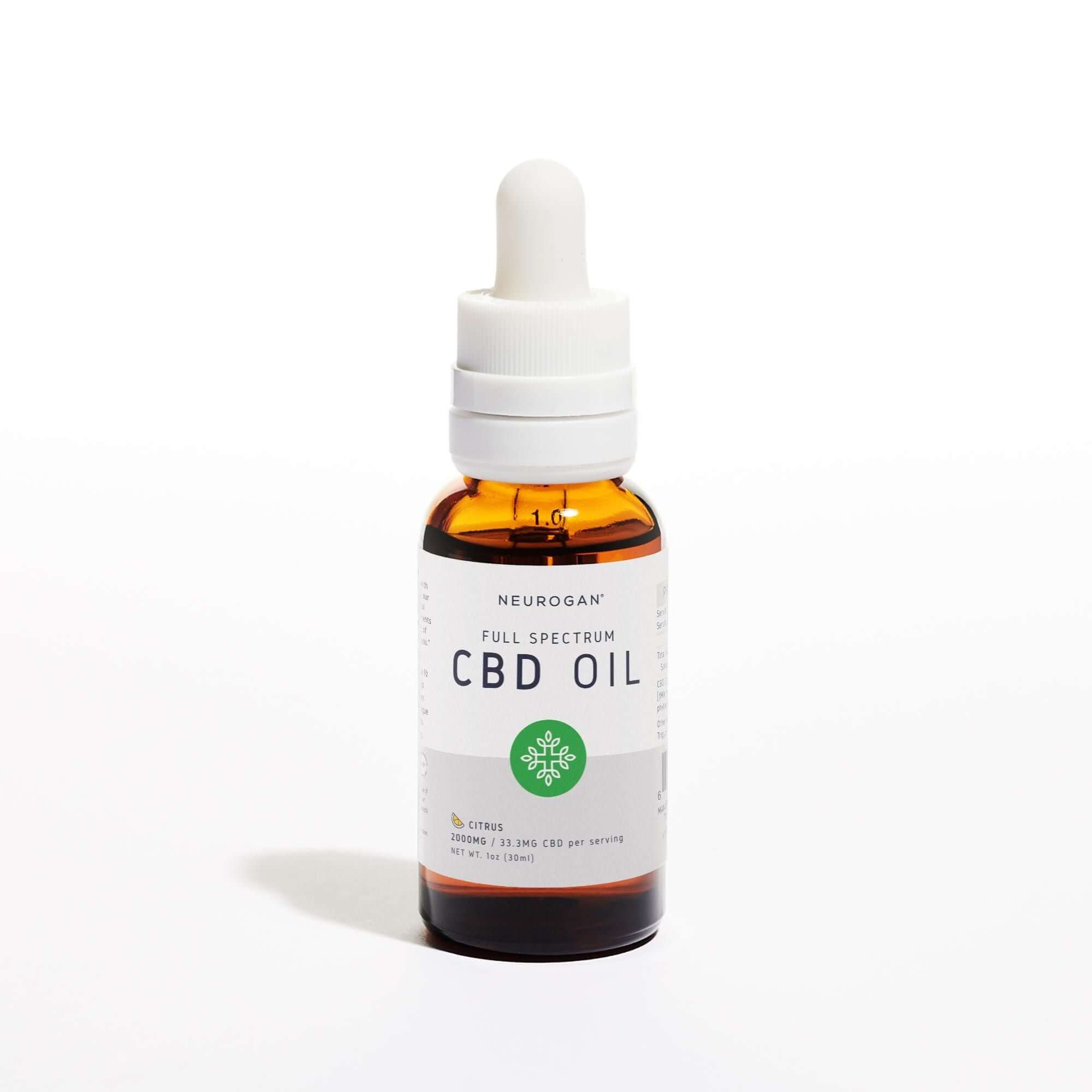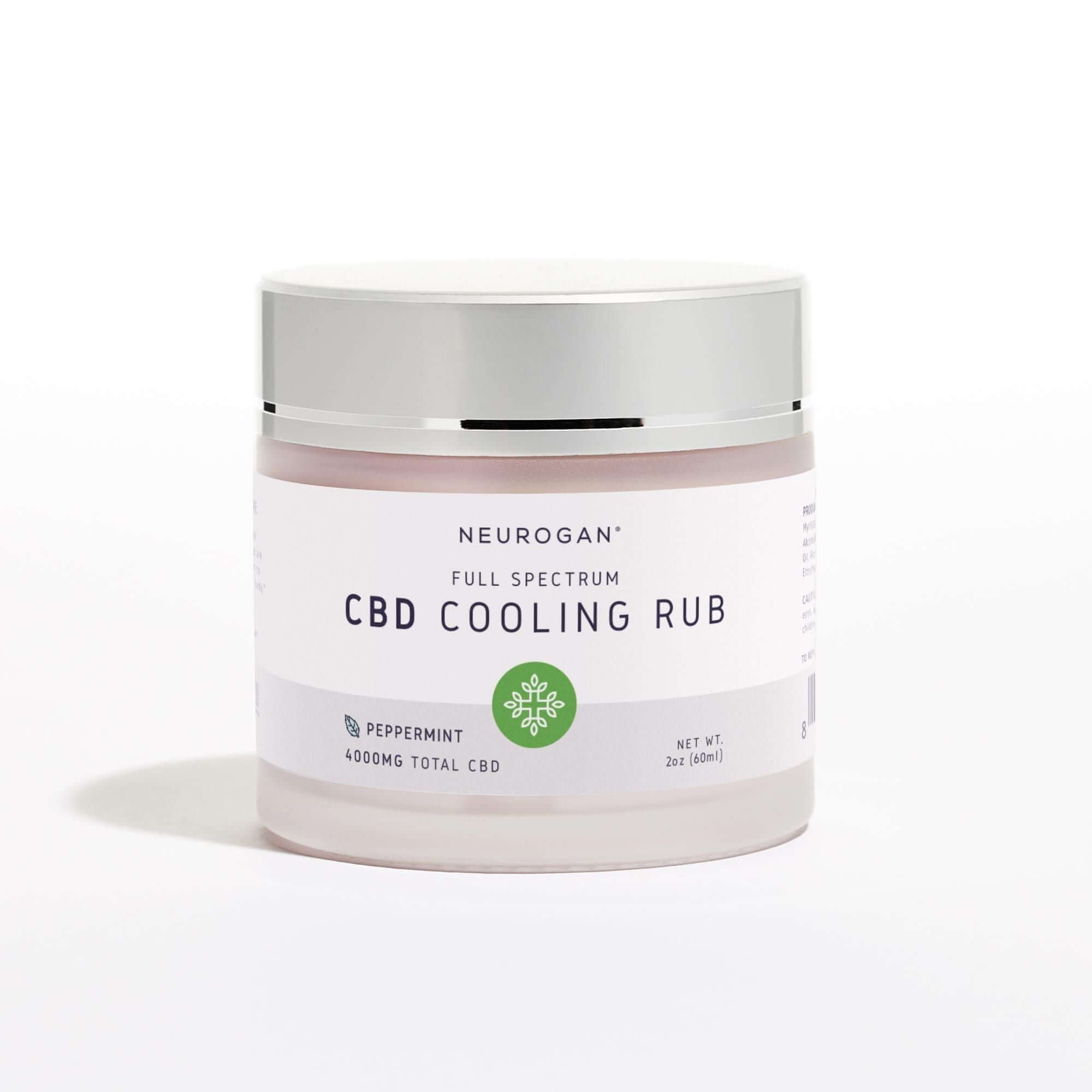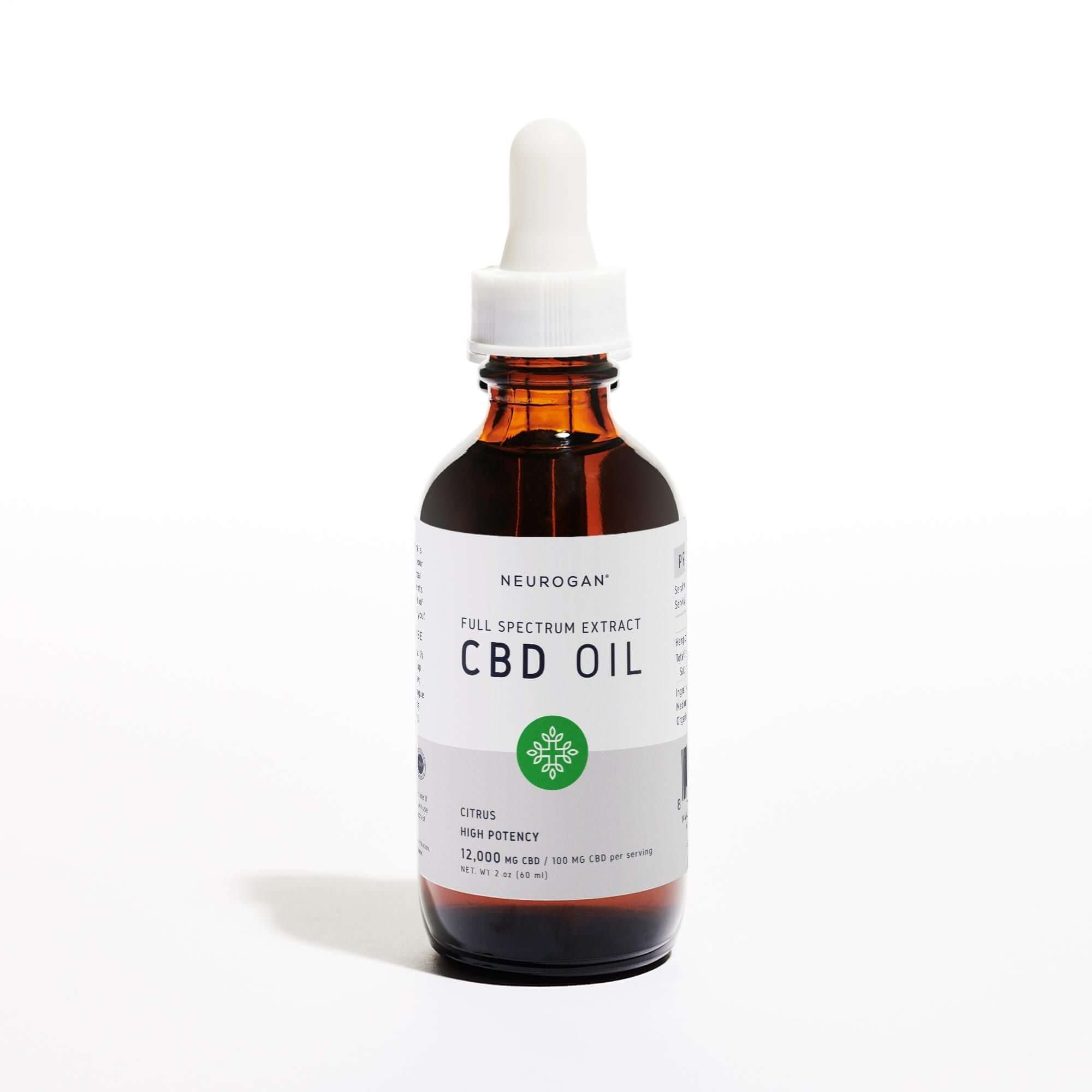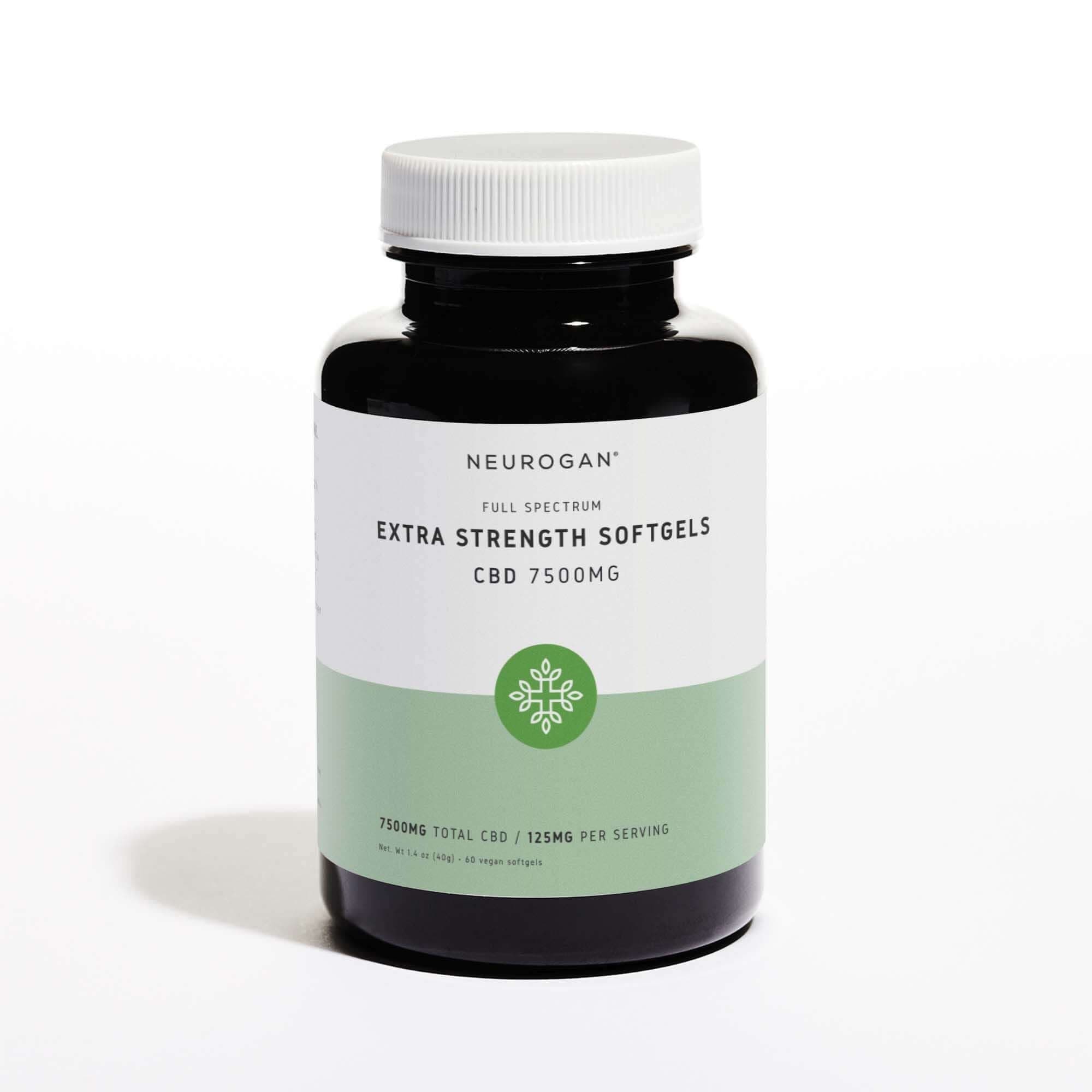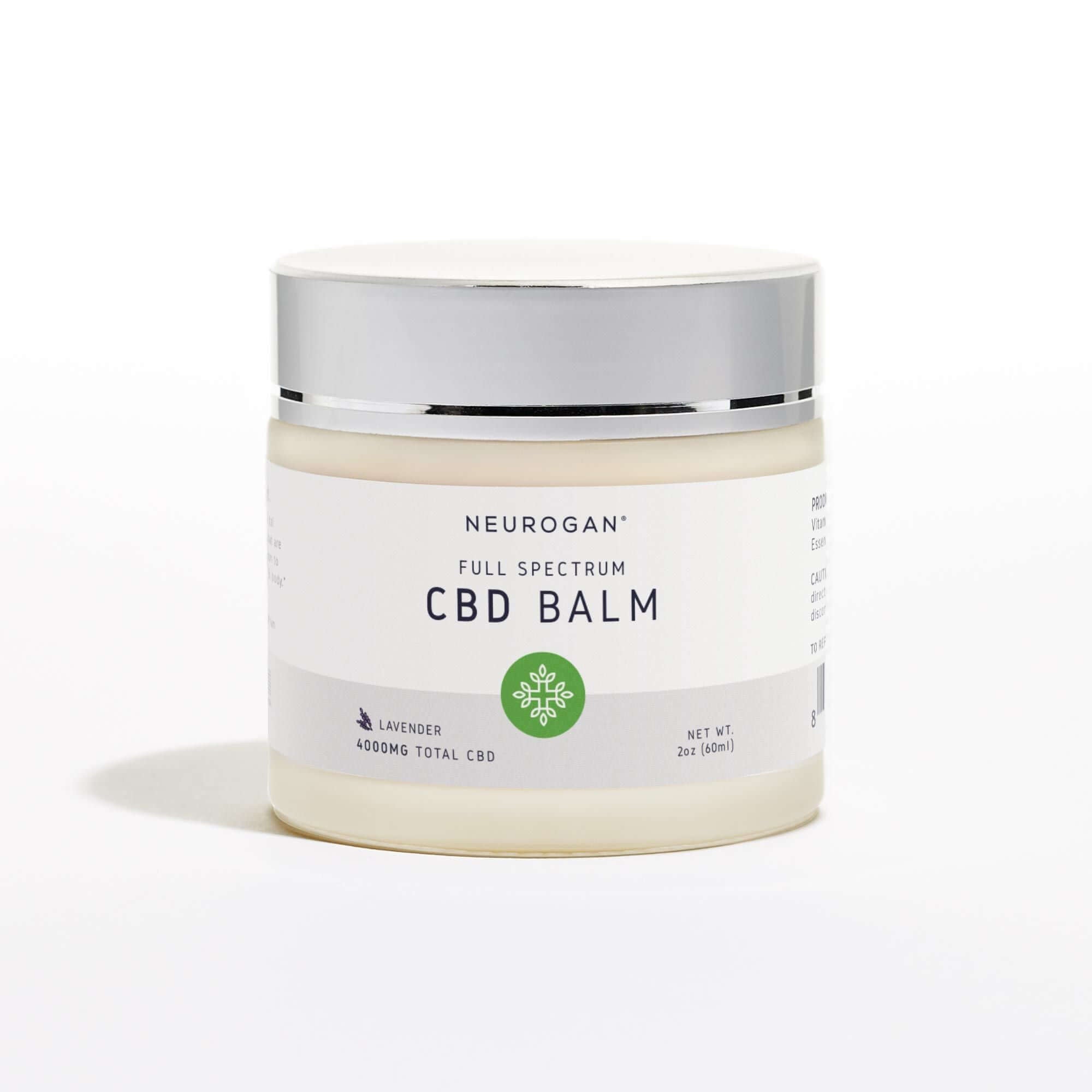When discussing cannabinoids, most people immediately think of THC and CBD. These two compounds have been the poster children for the therapeutic potentials of the cannabis plant for years. But, unbeknownst to many, there is an entire symphony of cannabinoids within the hemp plant, and one of these lesser-known members is THCB or tetrahydrocannabutol.
THCB has been enjoying a rise in popularity in the last year for several reasons. The 'novelty factor' makes delta-9 THC (the most abundant psychoactive cannabinoid).
As more and more research is conducted on hemp and cannabis, consumers are becoming increasingly aware and interested in the lesser-known cannabinoids, especially in intoxicating hemp derivatives that may promise a legal high.
Key Takeaways: What is THCB?
- THCB, or tetrahydrocannabutol, is a trace cannabinoid found in less than 1% of the cannabis plant. It was discovered in 2019 alongside tetrahydrocannabiphorol (THC-P).
- Chemically, THCB is similar to THC but with a butyl chain instead of a pentyl chain. It’s believed to have a potency similar to that of regular delta-9 THC.
- Due to its high potency, THCB is not recommended for beginners in the cannabis world. The potential for psychological distress, impairment, and unknown long-term effects warrant a cautious approach.
- THCB is still a relatively new discovery, and many aspects, including its long-term effects and legal status, are not fully understood.
Quality is key when purchasing THCB products. Always ensure to buy from reputable sources and prioritize brands that offer transparency and third-party lab results.
What Exactly is THCB?

Like its cannabinoid siblings, THCB comprises 21 carbon atoms, 30 hydrogen atoms, and 2 oxygen atoms. But the magic lies in the arrangement of these atoms, which makes THCB unique from its cousins.
As a homolog of delta-9 THC, THCB and THC have similar chemical structures, except THCB has a shorter side chain. While THC (tetrahydrocannabinol) has a pentyl chain (five carbon atoms), THCB has a butyl side chain (four carbon atoms).
This difference in molecular structure changes how THCB interacts with the bodies' endocannabinoid receptors and accounts for its distinct effects.
Some experts believe that THCB's unique shape gives it a slightly stronger binding affinity to the CB1 receptors in the brain, promising a psychoactive kick, potential analgesic properties, and potential anti-inflammatory effects.
However, because the butyl side chain difference length is so minor (with THCB having one more carbon atom), its psychoactive potency, potential analgesic effects, and anti-inflammatory benefits are believed to be roughly the same as regular THCB.
In terms of prevalence, THCB is far more elusive.
It's an extremely trace cannabinoid, accounting for less than 1% of the cannabis plant's chemical composition.
This scarcity means extracting THCB on a large scale for products isn't feasible. Consequently, most THCB products on the market today are derived from meticulous chemical transformations of more abundant cannabinoids like CBD into THCB. These processes enable manufacturers to provide a sustainable supply of THCB, despite its natural rarity in the cannabis plant.
The Twin Discovery: THCB and THCP
The discovery of THCB in 2019 came hand in hand with the unveiling of another exciting compound—Tetrahydrocannabiphorol (THCP).
Interestingly, THCP is believed to be 30 times more potent than THC, making it a powerful player among other psychoactive cannabinoids, making regular THC look like a mild psychoactive kick [1].
THCP has since become one of the most popular psychoactive cannabinoids on the hemp market, touted for its extremely potent effects.
THCB vs. THC

Due to its prevalence, THC is widely available and can be found in various forms, from THC oil and edibles to vapes and topicals. It's the star of the show in many marijuana products, and you can also find THC products made from legal hemp plants.
THCB, however, is not as easily found.
Given its trace amounts in the cannabis plant, isolating and extracting THCB can be quite a task. This rarity means that products specifically containing THCB may be harder to find.
Research and Understanding
In terms of research, THC is miles ahead.
It's been studied extensively for decades, with a vast body of research exploring its potential therapeutic effects and side effects. The use of THC for medicinal purposes, such as its analgesic and anti-inflammatory properties, is well-documented, though it's also notorious for its intoxicating effects.
Discovered in 2019, THCB is still in its early research stages. Preliminary studies indicate that THCB might have considerable therapeutic potential due to its strong binding to CB1 receptors. However, more research is essential to fully grasp its effects [2].
What Does THCB Feel Like?
Before we proceed, it's important to note that everyone's experience with cannabinoids can be different.
Many factors can influence how you might react, such as your body chemistry, tolerance levels, the method of ingestion, and even your mood at the time. To feel similar effects of THCB, mood gummies are great way to get as close to that relaxing feeling.
Similar to THC and THCP, THCB can produce psychoactive effects, albeit with unique characteristics of its own.
The strength of THCB is believed to be similar to that of regular delta-9 THC. This means that in doses as small as 2 mg, it can produce a significant psychoactive effect with a heightened sense of euphoria.
Users often report experiencing a cerebral high, which is often described as uplifting and energizing. It's akin to a feeling of lightness or a rush of energy and creativity.
THCB can also induce feelings of relaxation and calmness. Some users describe this as a body high with potential pain-relieving effects. It's like the feeling of sinking into a soft bed after a tiring day or the relief of taking off a heavy backpack.
While the effects of THCB can be enjoyable, it's crucial to approach it with knowledge and caution. Due to its psychoactive nature, starting slow and low is the best approach. Monitor your body's reactions and adjust your usage accordingly.
As with all intoxicating substances, THCB use may impair your ability to drive or operate heavy machinery.
The Takeaway: What is THCB?
In the universe of cannabinoids, THCB is a relative newcomer, but it's certainly made quite an entrance. This trace cannabinoid, discovered as recently as 2019, has quickly piqued the interest of researchers and consumers alike.
Despite its novelty, it's crucial to approach THCB with informed caution. The psychoactive nature might seem appealing, but it's not the best starting point for those just beginning to explore the elevating effects of cannabis. Those looking for a weaker psychoactive experience with cannabis could look at delta-8 or delta-10 THC.
The THCB high can be intense as with regular THC, and without understanding your tolerance, you could easily feel overwhelmed.
For those who are intrigued by THCB, remember to prioritize quality. Always ensure you're shopping from high-quality brands that prioritize transparency and can provide third-party lab results.
FAQs About THCB
Is THCB legal?
THCB exists in a somewhat legal grey area. In the United States, the legality of specific cannabinoids is tied to their source plant and its delta-9 THC content. This means products made from hemp-derived THCB can be considered federally legal as long as it has less than 0.3% delta-9 THC, as per the 2018 Farm Bills.
How does THCB compare to THCA?
THCB and THCA are cannabinoids from the cannabis plant with distinct properties. THCA turns into THC when heated and is non-intoxicating. Meanwhile, THCB, a psychoactive compound, shares structural similarities with THC but might offer a different set of effects due to its unique carbon atom chain.
How long does THCB stay in your system?
The duration THCB remains in your system depends on metabolism, body mass, usage frequency, and dosage. Although research is lacking on THCB, its similarity to THC suggests it might stay in the system for days to weeks.
Can THCB show up on a drug test?
While standard drug tests are designed to detect THC, it's unclear whether they would also pick up THCB. The chemical structures of THC and THCB are similar, so there's a possibility that THCB could trigger a positive result. However, more research is needed to confirm this.
Research:
- Citti, C., Linciano, P., Russo, F., Luongo, L., Iannotta, M., Maione, S., ... & Cannazza, G. (2019). A novel phytocannabinoid isolated from Cannabis sativa L. with an in vivo cannabimimetic activity higher than Δ9-tetrahydrocannabinol: Δ9-Tetrahydrocannabiphorol. Scientific reports, 9(1), 1-13.
- Linciano, P., Citti, C., Luongo, L., Belardo, C., Maione, S., Vandelli, M. A., ... & Cannazza, G. (2019). Isolation of a high-affinity cannabinoid for the human CB1 receptor from a medicinal Cannabis sativa variety: Δ9-tetrahydrocannabutol, the butyl homologue of Δ9-tetrahydrocannabinol. Journal of natural products, 83(1), 88-98.









